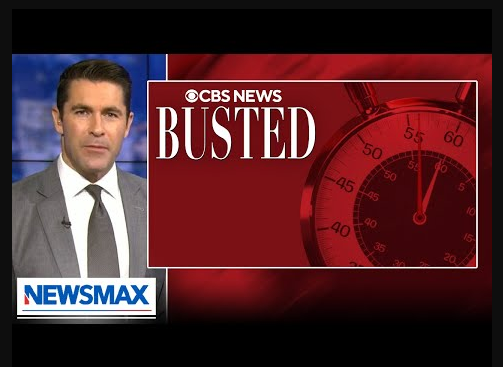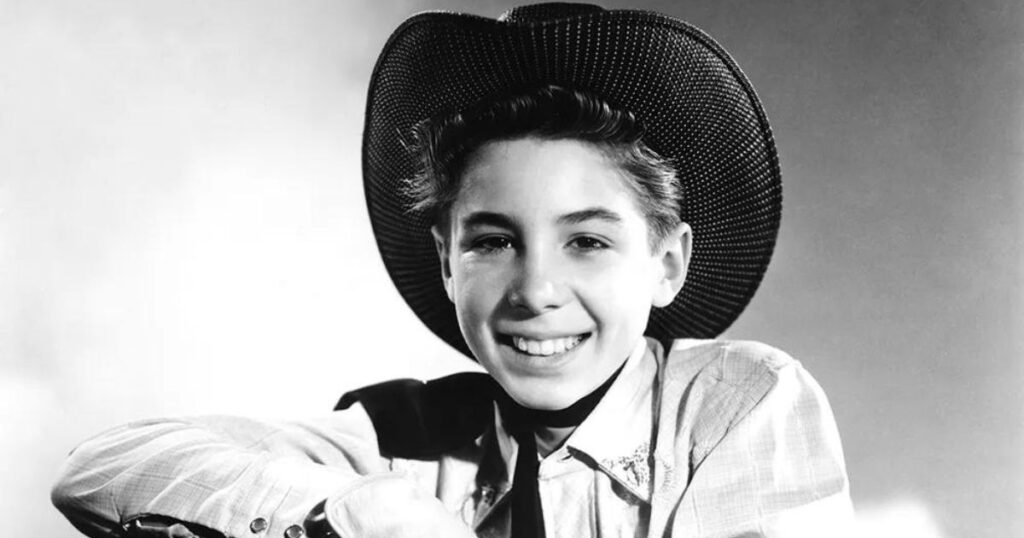In a world where the media landscape is constantly shifting, CBS News finds itself in a precarious position reminiscent of a cat on a hot tin roof. Established decades ago as a titan of journalistic integrity, the network once basked in the glow of its stalwart reporting, a legacy bolstered by giants like Walter Cronkite. However, as times have changed, CBS has also appeared to struggle as it grapples with perceptions of bias and a growing disconnection from its audience. As they say, “What goes up must come down,” and CBS seems to be in a dizzying freefall.
Last week marked a peculiar moment when CBS morning host Tony Dokoupil challenged prominent author Ta-Nehisi Coates. Coates, a vocal advocate for reparations and a critic of Israel in his latest book, The Message, was grilled on his views about the Israel-Palestine conflict. Dokoupil’s pointed questioning about whether Coates believed Israel had a right to exist sparked controversy both inside and outside the network. While some praised the tough questions, others criticized Dokoupil for being overly aggressive, with CBS later concluding that the interview didn’t meet their editorial standards. This internal pushback is telling of the current state of affairs at CBS, which brought in a trauma specialist to manage the fallout and foster discussions among staff members about the incident.
Enter CBS’s “race and culture unit,” established after the George Floyd protests—a move meant to align with the progressive wave but criticized by some for creating a cautious and overly politically correct atmosphere. This unit now governs much of the content, ensuring that it aligns with the network’s evolving views on race and cultural issues. While Dokoupil’s interview may have aimed to present a balanced dialogue, CBS executives felt his tone had veered too far off course, reflecting the new challenges faced by the network in navigating complex and divisive issues without crossing perceived boundaries of bias.
Meanwhile, CBS’s 60 Minutes recently aired an interview with Vice President Kamala Harris. Initially, Harris’s comments were seen as confusing and disjointed, raising questions about her preparedness. Interestingly, a revised version of the interview was broadcast just hours later, leading some to speculate about the extent of editorial intervention in an attempt to improve her public image. Such behind-the-scenes alterations only add fuel to ongoing concerns about the integrity of media narratives and how they are shaped.
In a separate development, former President Donald Trump made headlines by canceling his planned appearance on 60 Minutes after CBS refused to apologize for claims it made about Hunter Biden’s laptop in the lead-up to the 2020 election. Trump argued that CBS misled the public by downplaying the laptop’s significance, a move that aligns with his broader critique of media bias. This incident further underscores the ongoing battle between Trump and mainstream media outlets, including CBS, which continues to face scrutiny over its journalistic practices.
In the ever-changing realm of news coverage, audiences today are more discerning than ever, regularly questioning the narratives presented to them. As CBS navigates these turbulent waters, it remains to be seen whether the network will adapt to better serve its audience or if it will continue to struggle with balancing tough journalism and maintaining an image of impartiality.


